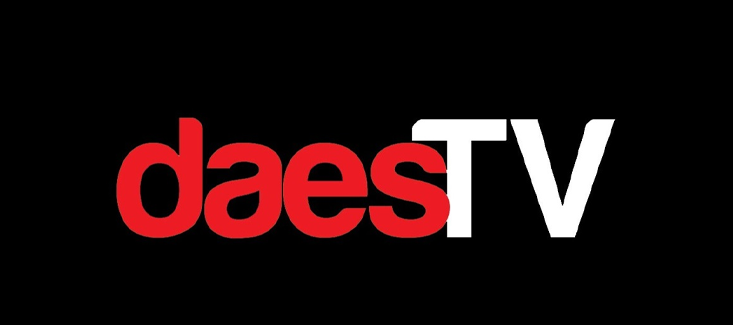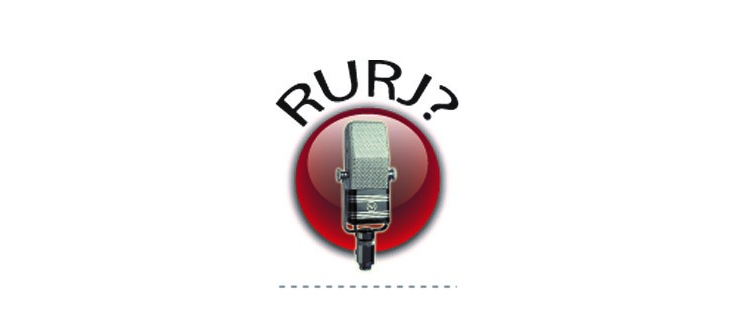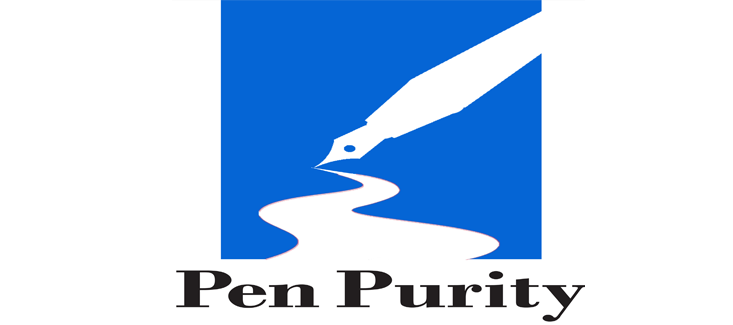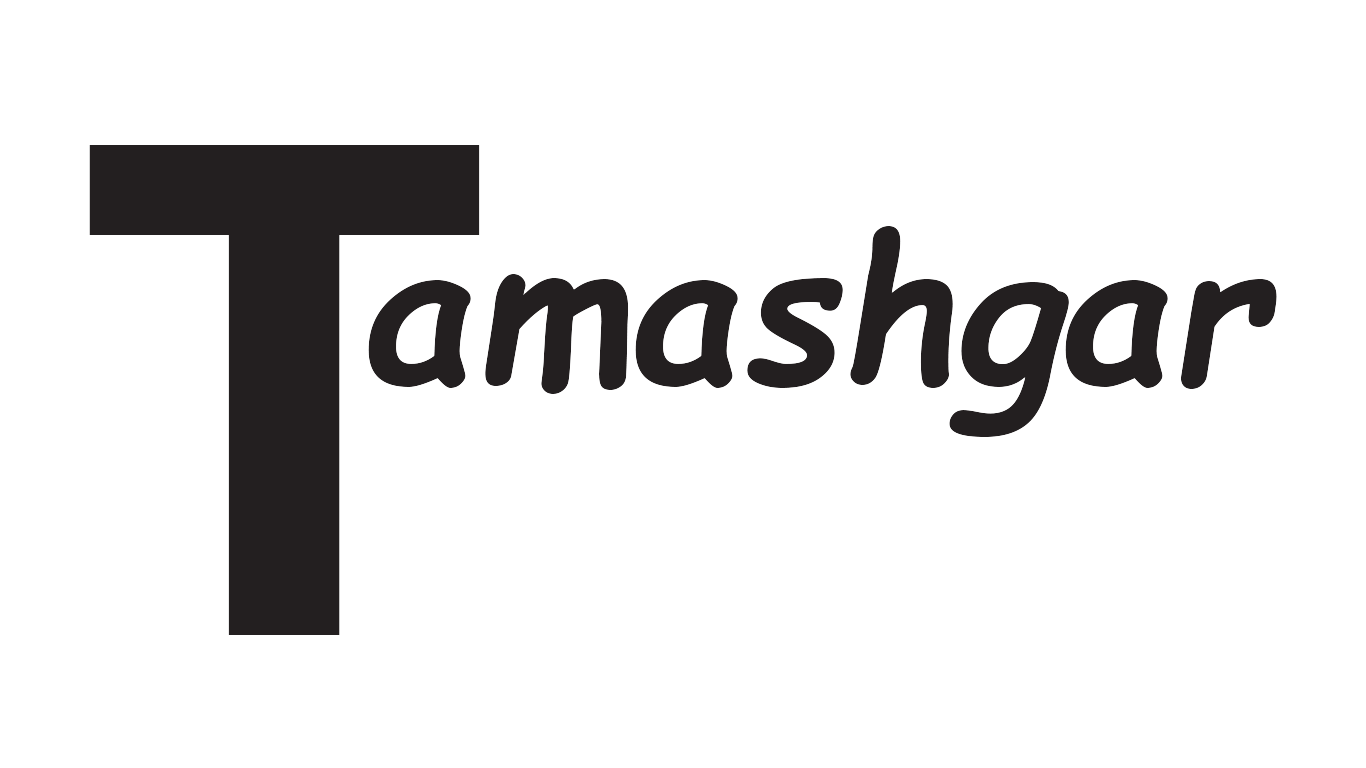People's Media Commission

Media industry is an important aspect of our lives. The media plays the role of not only the prime provider of information and entertainment, but also plays a pivotal role of opinion maker ...


Media industry is an important aspect of our lives. The media plays the role of not only the prime provider of information and entertainment, but also plays a pivotal role of opinion maker ...

DaesTV was launched to promote some of the core values of the organization including the concept of peoples’ media, i.e. a media that serves the people and helps them take important decisions in their day-to-day lives.
The concept is establishing a network of broadcasters at community level from the civil society (not necessarily NGOs) who would be able to produce sensible programming focusing on real issues of the people from the peoples’ perspective. All programming can be shared between network partners on the basis of need.
One of the main tasks with the central organization—Beehive—is to teach the units the ethics as well as techniques of producing programs. So far, Beehive has taught nine units in southern Sindh though only five of them have been activated into producing programs.
The programs are supposed to fill the 24-hour transmission of at least one broadcast of DaesTV but since so far the quantum of programming does not reach the critical mass, Beehive is in process of collaborating with established TV channels to air DaesTV productions. Various TV channels have been engaged for the purpose of this broadcast.

The idea of RURJ should come naturally to all of us. Just listen to all the FM stations that one can tune, and one is bound to conclude: there is hardly any difference of quality between the programs that various stations broadcast.The only people who stand out are those who have content to deliver and who know why they are saying what they are saying. Those RJs are, no doubt, broadcasters. RURJ is an attempt to turn our aspiring young RJs into professional broadcasters.
This program teaches the art of broadcasting to youngsters through practical courses and the make them compete with each other for the top slot of the RJ of the season. This is run in collaboration with various FM stations of the country. Senior broadcasters and media gurus teach the youngsters how to use their raw talent to produce various programs on trickiest of topics.
The entire teaching exercise along with the competition takes only three months. At the end of the workshop, a certificate is also awarded.

Pen Purity program is an attempt to bring quality journalism to the youth of our times. Despite a population explosion that is also capable of reading newspapers. But the youngsters today do not seem to be interested in what our journalists offer to them. The solution is to ensure that journalism is handed over to the youngsters who are educated in journalism ethics and well versed in modern media that has now become internet-based.
At Pen Purity, these youngsters who are interested in controlling the media of tomorrow are educated today on the best practices of journalism as well as the web media. They learn the art of reporting and editing on web, as well as how to turn their professionally-acquired information into first-rate multimedia web pages. They also learn the craft of promoting these pages in the world wide web of internet.
The three-month workshop results in each student ending up with a large number of web pages to her/his credit where quality journalism can clearly be shown to have practiced by them under the guidance of able and qualified senior journalists and media practitioners.

When in 1990, Tamashgar was launched as a small theater group focusing on indigenous scripts, it was an initiative of a small group of young people many of whom were students from the Arts Council’s UNESCO-sponsored theater workshop. Very soon, it was staging five fresh productions every year. It had to fight for its freedom of expression too when in 1992, the then Sindh government banned the public performance of its play, Pari ki beti, declaring it a political play. The Karachi Press Club, at that time, opened its doors for the group and the play was eventually staged there despite the ban.
Tamashgar’s production of Imran Shirvanee’s Salma ne bhi yehi kia tha have received rave reviews when it was presented in the National Drama Festival (1992). The group has engaged a number of playwrights including Fasih Bari Khan, Zia Abbasi, Imran Aslam, Moin Qureshi, Khurram Ali Shafique and others.
Ever since its inception, Tamashgar has been promoting fresh talents in theater with time and again conducting workshops on script writing, acting, and stagecraft. Presently, Tamashgar’s focus in mainly on the community theater where some excellent performances have been staged in collaboration with a number of civil society organizations as well as local talents from across Karachi.
In 2017, Tamashgar was acquired by Beehive Peoples Media as a full-fledged program. It has so far indulged in two projects: Tamashgar Theater Workshop and Tamashgar Children Theater Festival.